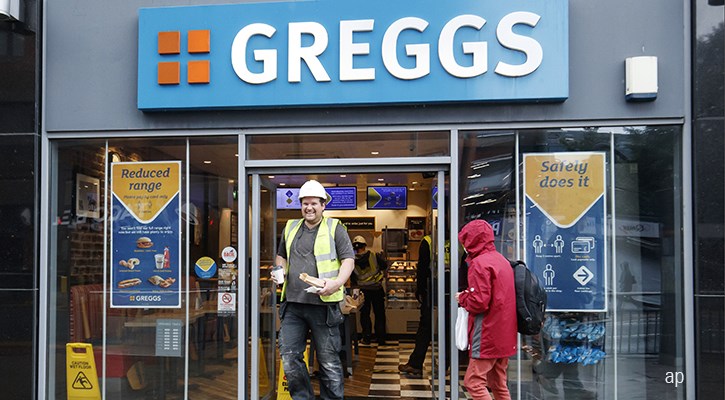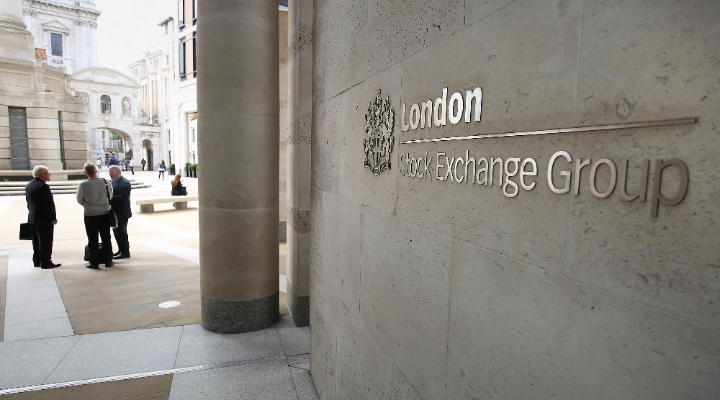
Investor attention has been focused this year on large-cap companies like Amazon (AMZN) and AstraZeneca (AZN), whose shares have hit record highs.
Despite the market and economic turmoil, small and medium-sized companies have also adapted their business models to the changed world. And many investment trust managers with a small-cap mandate have used this year’s market volatility to add to their portfolios. We take a look at what they’ve been buying.
Smithson Investment Trust (SSON)
Less than two years’ old, Smithson Investment Trust was launched by Terry Smith’s Fundsmith as a vehicle to tap into small and medium-sized companies with a maximum market cap of £15 billion.
In share price terms, the trust is up 46% since it launched in October 2018, and by 15% since the start of the year.
In its latest half-year update, manager Simon Barnard revealed some new purchases within the 31-holding trust, including professional catering company Rational (RAA), whose self-cleaning industrial ovens are already in Buckingham Palace and the White House. The lockdown’s effect on the restaurant business has weighed on the German firm’s share price, which Barnard described as “an attractive opportunity to build a position in a company that we had admired for some time”.
Another purchase for the trust this year was cyber security firm Qualys (QLYS), which had been on the manager’s radar before the pandemic. Qualys provides secure networks for companies across all of its devices, a business model that has proved its worth with the boom in home-working.
Shares in US-listed Qualys are up 45% this year to $121 but trust manager Barnard thinks the company has many years of growth ahead, especially as cyber attacks are becoming more frequent and sophisticated.
Standard Life UK Smaller Companies (SLS)
The Standard Life trust, which has a Morningstar Analyst Rating of Gold and four-star rating, has been run by smaller companies expert Harry Nimmo for nearly 17 years.
Automotive testing specialist AB Dynamics (ABDP) is a new addition to the trust. The company works with car makers to improve safety features and it is also developing technologies for self-driving cars. The investment potential of autonomous vehicles is a growing area of interest to many investors and artificial intelligence in particular is driving gains in this sector. AB Dynamics shares are off 17% year to date but are up seven-fold over five years.
Meanwhile, high street sausage roll and pasty chain Greggs (GRG) is back in the trust’s portfolio. The company had been riding high after the launch of the vegan sausage roll last year, as it managed to tap into the trend for meat-free alternatives. Covid-19 lockdown has been hard on Greggs, with food shops were among the last to re-open in the UK, and the company has cancelled last year’s dividend and announced store closures. Shares are off 48% so far this year.
In his latest fund update, Nimmo said the big question is “how long business will take to get back to normal, how long the recession will last and if it will get worse, and will the beneficiaries of lockdown see a decline in their business as we get back to normal”.
BlackRock Throgmorton Trust (THRG)
Bronze-rated Throgmorton Trust has 130 positions in UK smaller companies, of which 12 are short positions - that is, the manager is betting against the shares.
While manager Dan Whitestone describes the last six months as the most challenging he has faced, he still added eight new names during this volatile period. These are either businesses where he believes the industry trends have been accelerated by Covid-19, or where extreme volatility has sent the share price down to attractive valuations.
In the first group, he has added digital payments firm Adyen (ADYEN). Morningstar analyst Johann Scholtz says of the Dutch company: “It is easy to see why the market adores Adyen. The company benefits from the exponential growth prospects of e-commerce, yet while some of the titans of tech are burning through billions in operating and capital expenditures, Adyen already generates 20%-plus returns on equity. Adyen's highly scalable, capital-light business model supports even higher future profitability.”
Still, he thinks the company’s shares are significantly overvalued after doubling within a year to €1,372.
Budget airline Wizz Air (WIZZ) is in the second category of good companies at cheap prices, says Whitestone. Along with other travel stocks, Wizz Air’s shares are down this year, some 16% lower than in January. But in the context of 75% falls for cruise companies, it could have been much worse given the dreadful year that the sector has had. Stockbroker Redburn says recent results show that Wizz and Ryanair have much stronger cash positions than other airlines “which are likely to see gargantuan increases in debt caused by considerably higher cash burn”.





























